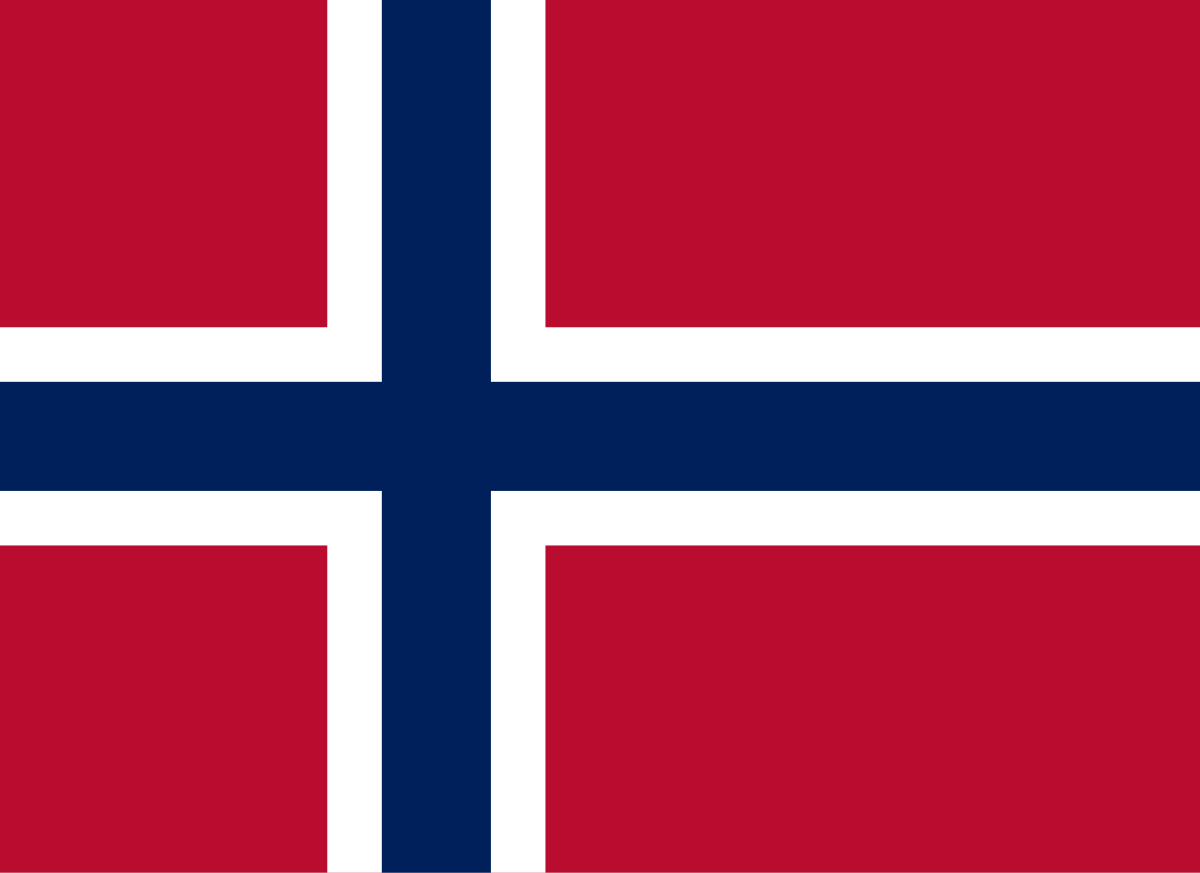Licensing Criteria and Procedures for Applying for Norway Crypto License (VASP)
General information
Company structure
- A minimum of one shareholder is required, who can be an individual or a corporate entity.
- At least one director is necessary. This director must be a resident of Norway to ensure compliance with local regulations.
Confidentiality
- Beneficial owners' details – disclosed to the Authorities
- Shareholders' details – part of public record
- Directors' details – part of public record
Taxation
Cryptocurrencies are treated as assets in Norway. Profits from cryptocurrency transactions are subject to a capital gains tax of 22%. Income from mining and staking is taxed as ordinary income.
Accounting requirements
- Filing annual report is obligatory
Secretary - Required
Registered office - A physical office in Norway is mandatory. This is essential for regulatory compliance and effective management of the business.
The application process for a crypto license involves several steps:
- Company Registration: Register the company with the Norwegian Register of Business Enterprises.
- AML/KYC Policies: Develop and implement anti-money laundering (AML) and counter-terrorist financing (CTF) policies.
- Documentation Submission: Submit required documents to the Financial Supervisory Authority of Norway (Finanstilsynet).
- Regulatory Review: The application will be reviewed by Finanstilsynet, and additional information may be requested.
- Approval: Upon satisfactory review, the license will be granted.
Key documents required for the application include:
- Detailed business plan
- AML/KYC policies
- Proof of identity and residence for directors and shareholders
- Financial statements
- Proof of local office address


